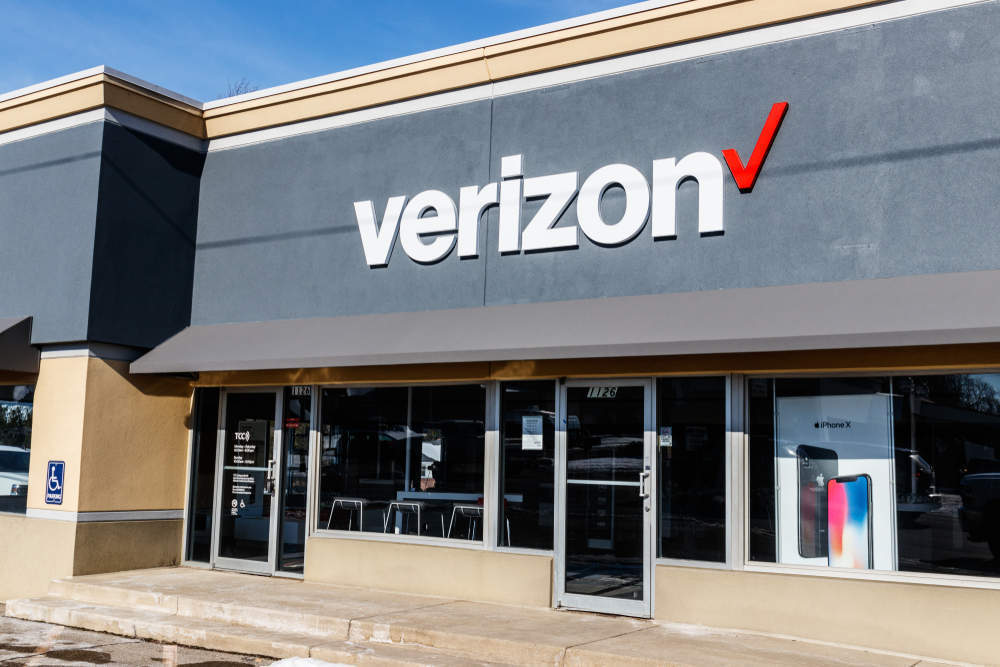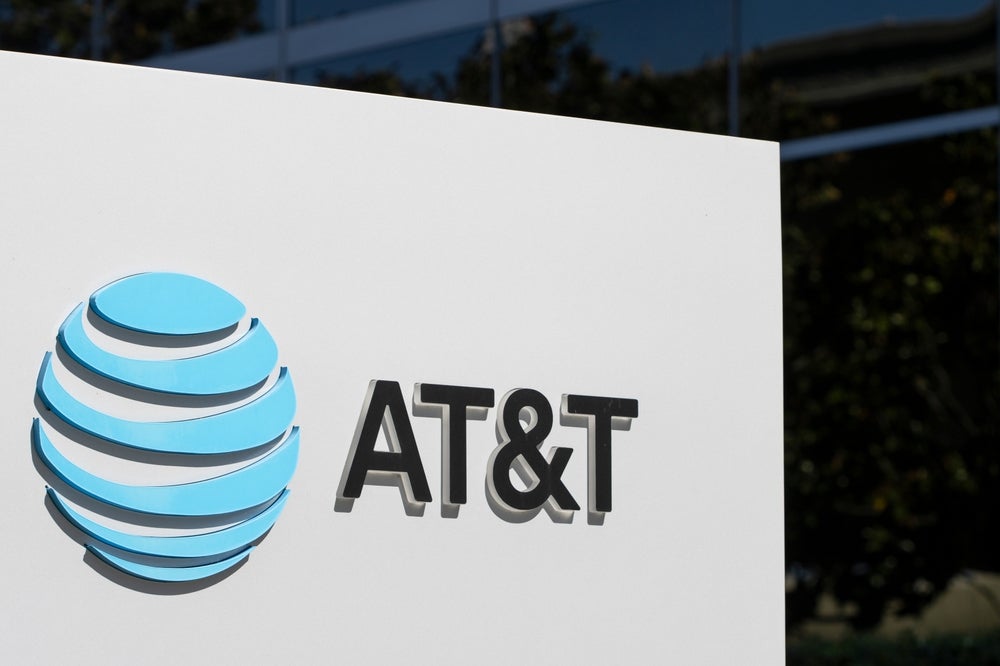There’s a 5G arms race in North America! Europe’s operators, while some of the globe’s largest telcos, just aren’t approaching next gen mobile networks with quite the same gusto as their US cousins.
Just take the US communications giant Verizon, which is this quarter launching fixed 5G for consumers and is going to launch mobile 5G in 2019, pitched as the engine driving the next exponential growth opportunities in the business market.
Race to be first in 5G
Globally, Verizon joins its US competitors, along with APAC operators, in the race to be first at 5G.
To be clear, no country or operator yet has a national 5G network.
But the bragging rights are up for grabs and there’s no playbook yet on how to do a 5G network, so we are hearing a lot about future plans for 5G from operators and their infrastructure vendors, along with discussions of which spectrum and technology approaches will work the best.
2020 the beginning of a 5G era
At its Analyst Forum in New Jersey on September 17th and 18th, Verizon described 2020 as the beginning of the period in which 5G and multi-access edge computing will enable the next exponential growth opportunities for enterprise services.
How well do you really know your competitors?
Access the most comprehensive Company Profiles on the market, powered by GlobalData. Save hours of research. Gain competitive edge.

Thank you!
Your download email will arrive shortly
Not ready to buy yet? Download a free sample
We are confident about the unique quality of our Company Profiles. However, we want you to make the most beneficial decision for your business, so we offer a free sample that you can download by submitting the below form
By GlobalDataWhile the operator described its product roadmap for other strategic services from cloud computing to SDN services to cyber-security, 5G was clearly a strong focus.
Verizon not only emphasised its first-mover status for 5G, announced at Mobile World Congress Americas, but it detailed the business impact, key technology trends, products, and even the primary vertical industries in which it will focus its 5G efforts: retail, manufacturing, supply chain logistics, and healthcare.
Why was this a surprise?
As many 5G services will not be launched, let alone ubiquitous, this year or even next, the associated use cases have been rather vague, and pretty much all sound the same. 5
However, at the analyst forum, Verizon’s view of the imminent role of 5G in its enterprise services portfolio went several steps further.
For example, Verizon implied that its success in selling Internet of Things (IoT) services, which reached $1.6bn in revenues in 2017, was somewhat lackluster, not even reaching its own expectations.
The operator’s view is that with the advent of 5G, the IoT (along with SDN, video, security telematics, and edge computing) will become a foundational enabler of the real-time enterprise (RTE), in which businesses can exploit information, actions and events the moment they occur.
IoT is not alone in this revolution, as this view of the future also takes advantage of emerging technologies such as massive sensor density, video analytics, robotics and automation, artificial intelligence/machine learning and augmented reality/virtual reality.
What does this mean for Verizon?
What this revolution means to Verizon is the ability to monetise services such as IoT and enterprise mobility at a much higher level than before by helping customers with end-to-end solutions that allow businesses to automate processes with real-time intelligence; leverage sensor-based inventory management; provide remote control of heavy machinery; and achieve end-to-end visibility and control of products from production to consumption.
The operator is putting plans in place and articulating them, making it clear that 5G is real, is here, and will be a fundamentally different access technology than its predecessors.
Industry skepticism about the potential of 5G to not only change the way enterprises communicate but change the trajectory of operators’ ability to monetise emerging technologies is rampant.
The danger is that while operators become 5G cheerleaders, others reap the rewards as the rest of the ecosystem marginalises access and starts to offer a range of 5G-enabled services. Verizon and the other 5G trailblazers are hoping that by opening the narrative, they’ll also be able to capitalise on their own 5G investments beyond just selling airtime.







